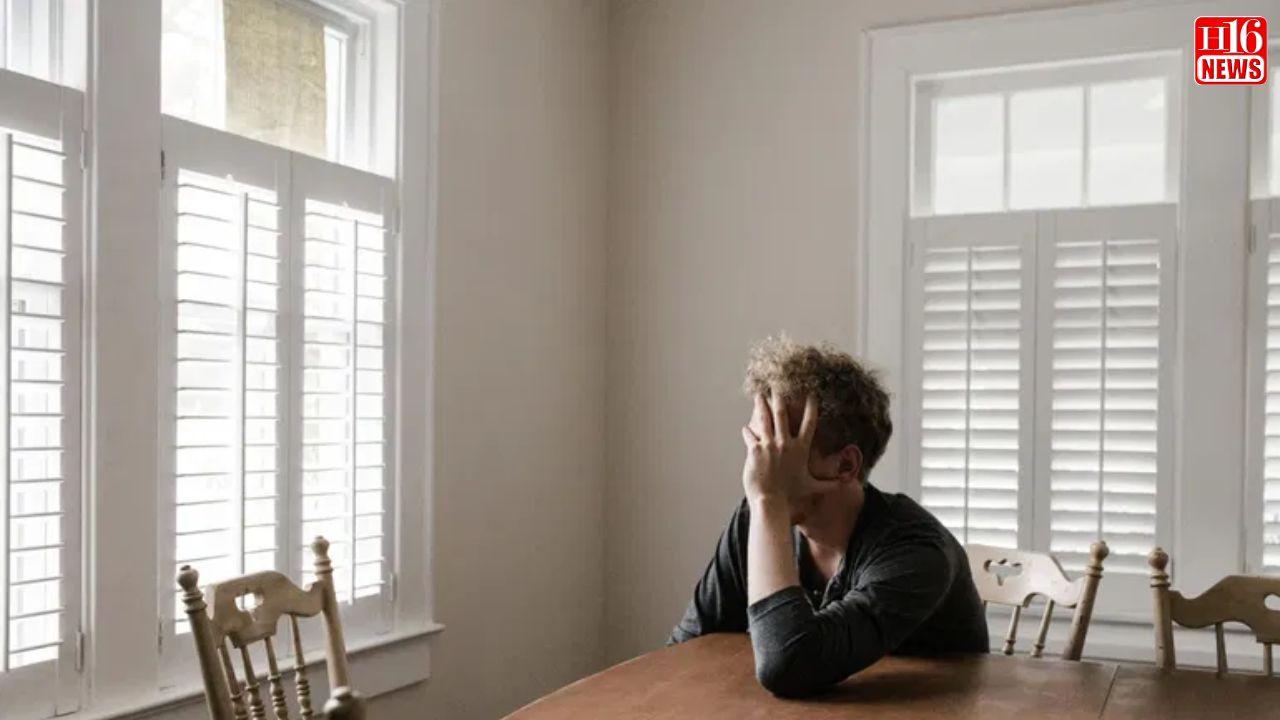Experts talk about understanding depression in older adults
Depression in older adults isn’t just a phase or a weakness; it’s a medical condition. But, with the right support, it’s treatable. By staying alert, showing compassion, and seeking help early, we can help our loved ones rediscover happiness, purpose, and connection. Everyone deserves to age with dignity and a smile.
New Delhi:
Dr. Pretty Duggar Gupta, Consultant – Psychiatrist, Aster Whitefield Hospital, Bengaluru, said, “We always think about sadness or the feeling to cry whenever anyone mentions depression. But it is different in the elderly population. Depression often manifests itself in the form of tiredness, mood swings, or withdrawal from family and friends, not as sadness in them. Loss of interest in hobbies or avoiding social gatherings may be confused with the effects of aging by their family members. Depression can also be noticed as physical pain in them, that is, they may suffer from unexplained digestive issues, aches, and chronic pain.”
Aging is a universal process and is associated with many changes in the body. Although an aging brain is impressively resilient, over time, it also becomes vulnerable to various issues that may demand medical attention. A condition like depression in older adults is more common than we realize, yet it often hides in plain sight. Instead of being openly depressed, many seniors experience subtle, quiet symptoms that get brushed off as “people getting older”. But early intervention and recognition can bring about a huge change and transform one’s life.
Aging vs. Red Flags
So, how do you know if it’s normal aging or a sign of trouble? Here’s the guide map:
Feeling hopeless or overwhelmed all the time.
Sleeping too much or barely sleeping at all.
Sudden disinterest in food, hobbies, or loved ones.
Trouble concentrating or making decisions.
The sooner we detect depression, the simpler it is to cure. Since family members and caregivers are the ones most in contact with them, they must constantly check in with the elderly and identify their emotional status. Checking for telltale signs of withdrawal or heightened irritability and fostering open discussions about emotions, as well as mental health, can be quite helpful to identify abnormalities. In such situations, individuals should not shy away from seeking the help of mental health professionals.
More often than not, depression in the elderly is coupled with anxiety. Worrying continuously about money, health, or being a burden can play constantly like a song on loop in their heads. In contrast to the young, older persons can’t always express their fears but show physical symptoms such as a rapid pulse, tension, or frequent headaches. Knowing this connection can make a huge difference in the way we manage geriatric care. Physical health concerns—such as chronic pain or mobility issues—usually come hand in hand with depression. Managing these with proper medical treatment or even surgery can have a domino effect, enhancing both mental and physical health.
If you notice these changes in the elderly for more than two weeks, it may be time to consult a psychiatrist. A psychiatrist can help to rule out other issues, like thyroid problems or vitamin deficiencies, which are reversible causes of memory loss, and create a treatment plan tailored to their needs. In fact there is a special section of psychiatry, called geriatric psychiatry, that especially caters to the senior population. It focuses on the interface of aging, physical health, and cognitive changes in people mostly above 65 years of age, which influences their quality of life. With tools like cognitive behavioral therapy (CBT), medication, and personalized care plans, geriatric psychiatry can aid seniors and help them find relief. Small Steps, Big Impact
Depression in older adults isn’t just a phase or a weakness; it’s a medical condition. But, with the right support, it’s treatable. By staying alert, showing compassion, and seeking help early, we can help our loved ones rediscover happiness, purpose, and connection. Everyone deserves to age with dignity and a smile.
Practicing simple mindfulness exercises like guided meditation or even just sitting quietly can bring them peace and calm. Another quick and effective method to decrease anxiety is by engaging in various breathing exercises, doing light physical activities such as walking and stretching, as well as taking part in creative hobbies. All this helps them to keep their minds occupied and brings them joy.
Read More;

